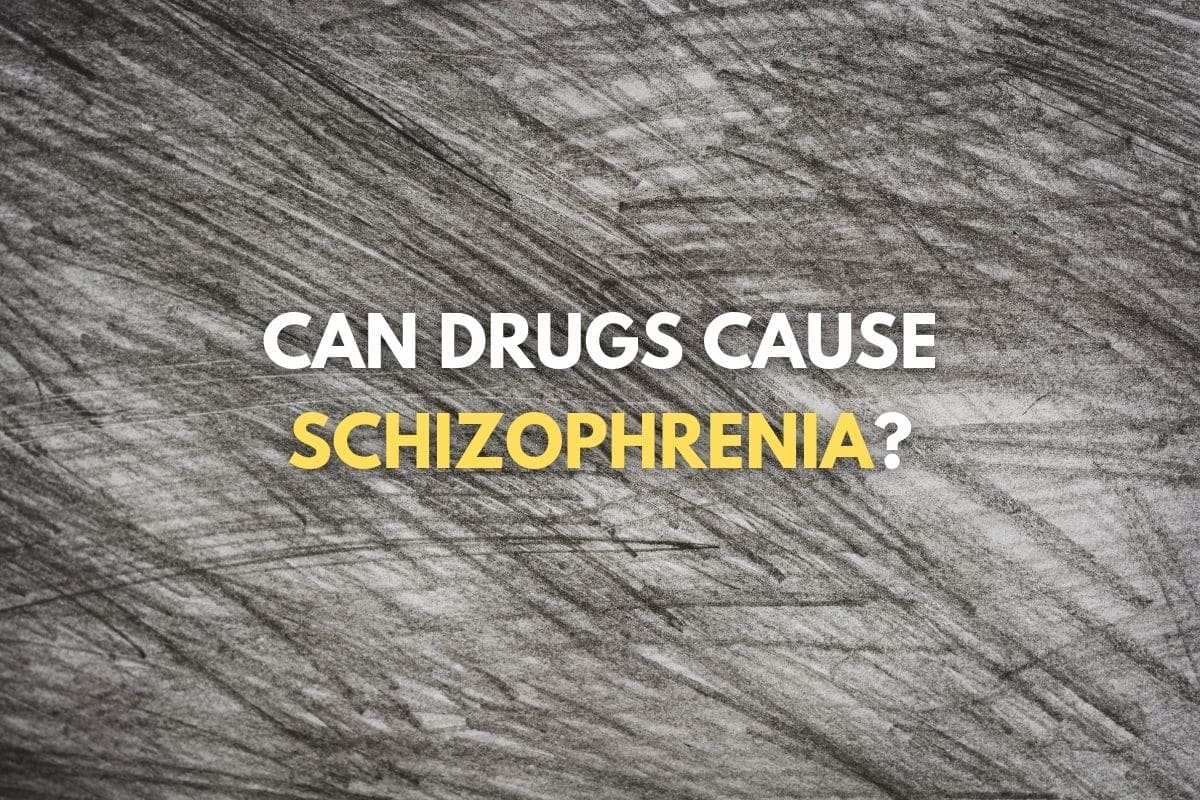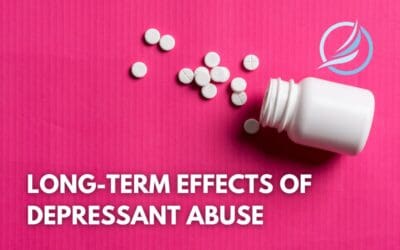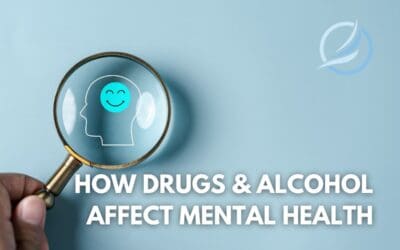Those who turn to drugs are usually looking for an escape from boredom or their problems—not to cause severe mental illness for themselves. Unbeknownst to the general population is that many of the same mechanisms that cause drugs to generate “highs” or other pleasurable sensations are the same ones that can cause psychiatric side effects. As such, long-term or frequent drug use can directly result in the development of disorders including schizophrenia, a complex and severe neurological brain disorder. In this article, we’ll explore why using drugs can cause schizophrenia, what it is, as well as its relationship to drug usage and addiction.
The Prevalence of Schizophrenia & Addiction
Schizophrenia is one of the most serious mental illnesses and one of the leading causes of disability in the world. It’s most commonly characterized by the psychotic symptoms: sensory impairments (feeling, hearing, or seeing things that aren’t there) and thought disorders (unusual ways of thinking), but can also include:
- Cognitive impairment (difficulty focusing, memorizing, learning, or applying new information)
- Reduced motivation
- Reduced expression of emotions or verbalizations
- Motor impairment
- Social withdrawal
It affects fewer than one percent of Americans but among substance abusers, comorbidity rates are as high as 70%. This type of dual diagnosis is alarmingly common, as the odds of a person having a substance abuse problem is 4.6 times higher if they have schizophrenia (compared to someone who doesn’t).
However, drug-induced schizophrenia isn’t the sole reason why such dual diagnosis rates are so high. The neurological abnormalities caused by this psychiatric disorder can result in individuals being more likely to turn to drug use in the first place as well as a higher vulnerability to become addicted to those substances. Schizophrenia has also been linked to lower rates of treatment compliance, housing stability, and several other factors that can put them at higher risk of remaining in the cycle of drug use.
How Can Drugs Cause Schizophrenia?
Drug use and schizophrenia are linked to one key chemical: the neurotransmitter dopamine. Nicknamed the “happy hormone”, drug intake can cause a flood of dopamine in the brain resulting in the euphoria of a drug high. The dopamine theory of schizophrenia asserts that this mechanism is precisely what puts users at risk of developing a psychiatric disorder.
Repeated drug use can overwhelm the brain of dopamine. To protect itself, the brain may shut down dopamine receptors (lessening the uptake of dopamine and thus resulting in a weaker “high”) and reduce natural dopamine production (why anxiety and depression are such common side effects of drug use).
In cases of prolonged drug abuse, such as addiction, this results in irreversibly altered neurological brain function and structure. This disruption has been shown to cause overactive dopamine systems in the prefrontal cortex, amygdala, and other parts of the brain, all of which can be directly attributed to the various symptoms of schizophrenia.
Certain drugs such as amphetamines can induce schizophrenia-like side effects after a single use, but these effects are temporary.
A Difficult Dual Diagnosis
The scientific community has only recently come to realize the deep interconnectedness of these disorders and the profound extent that schizophrenia can affect—and be affected by—drug use. These individuals are at particularly high risks of substance abuse and addiction, and it can be difficult trying to get them the proper help.
This mental illness can be difficult to detect in the early stages (it’s rarely identified before a psychotic break) and misdiagnoses are common. It’s very likely that someone with schizophrenia and a co-occurring drug problem has slipped through the cracks of a drug rehab facility and failed to get the psychiatric help they need.
It can be difficult to tell whether addition or schizophrenia came first, but fortunately, this doesn’t matter. Dual diagnosis treatment does not concern itself with the onset of these conditions and instead focuses on dealing with the simultaneous presence of both. Learn more about how you can help a loved one struggling with addiction and schizophrenia and contact us today.


































